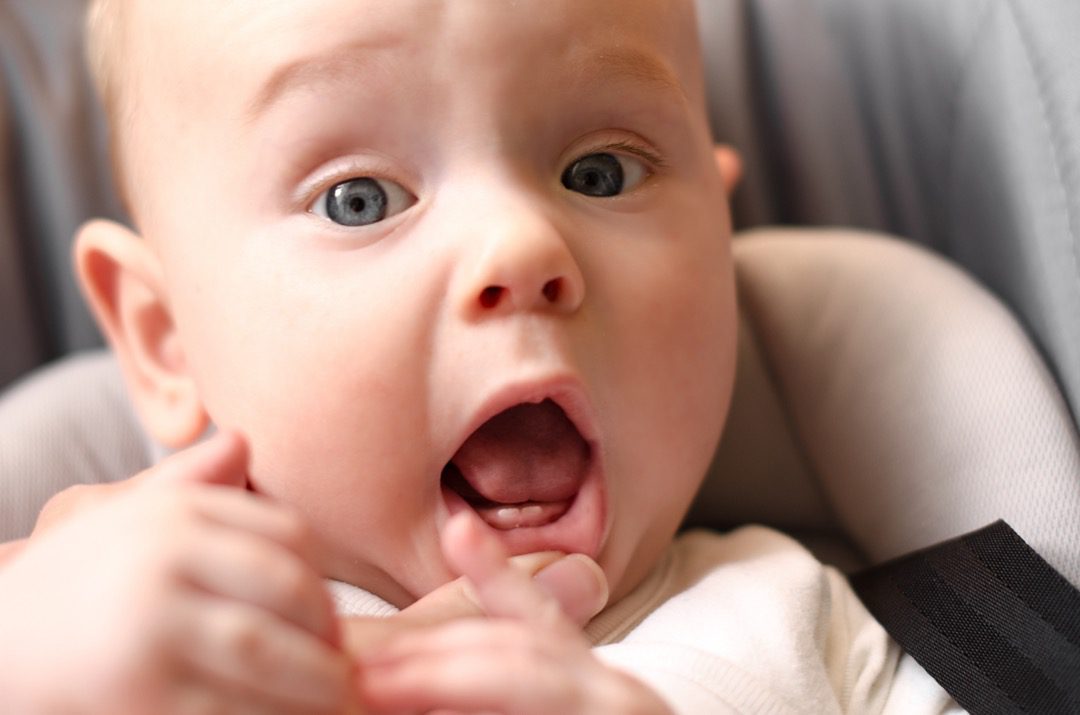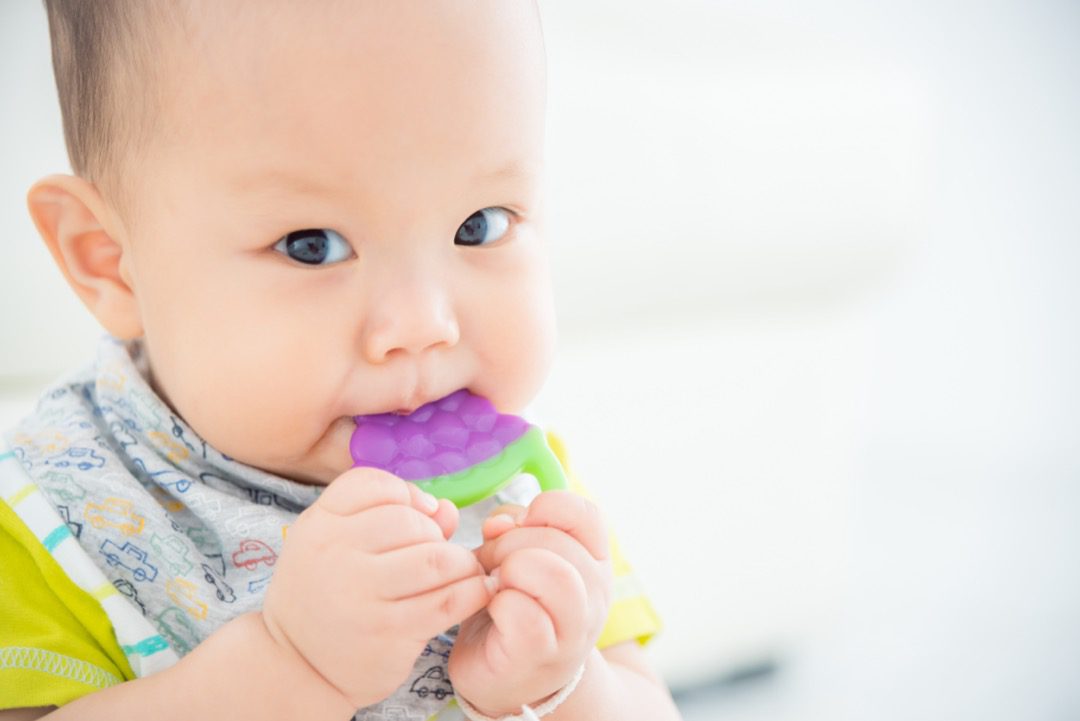Early dental care is essential to keeping your child’s teeth and mouth healthy. While tooth decay is commonly seen in adult teeth, it can also be seen as early childhood tooth decay on baby teeth as well. Because some baby teeth don’t get replaced by permanent teeth until the age of 12 or 13, regular dental care is key to avoiding tooth decay that could damage your child’s teeth. While dental care for baby teeth is very similar to that of adult teeth, there are a few unique things about baby teeth that are good to keep in mind.
We’ve highlighted some of the key facts that you should know about baby teeth to help keep your children’s teeth happy and healthy.

What You Should Know About Baby Teeth: When Do Baby Teeth Develop?
The key to early dental care is understanding when your child will begin to develop teeth. There is a wide range of variability, but most babies will begin to develop their first tooth around 6 months old. The bottom front teeth are typically the first to come in, and most children will have all their baby teeth by 3 years of age. You don’t have to wait for teeth to develop to start caring for your baby’s mouth though, you can begin cleaning their gums before there are any teeth present.
Introduce Fluoride Early
Fluoride is a mineral that helps to prevent tooth decay by hardening the enamel of the teeth. We generally recommend that children have a professional application of fluoride twice a year during dental check-ups. We may recommend the use of home and/or professional fluoride treatments for a variety of reasons, which we will discuss with you during your appointment.

Brush Your Child’s Teeth Twice a Day
Getting your children into a regular dental routine is crucial to keeping their teeth and gums happy. Even before they have teeth, you can clean their gums with a wet, clean face cloth. Once teeth begin to develop, use a soft-bristled toothbrush with a small amount of fluoride toothpaste to brush their teeth twice a day.
Make Dental Appointments Early
The Canadian Dental Association recommends that you begin bringing your child in for regular dental exams starting approximately 6 months after your child’s first tooth develops, or when they are 1 year old. This initial dental exam is a great opportunity to discuss daily dental care, eating habits, and fluoride. Bringing your child to the dentist early and making it a positive experience can be great for helping your child to feel comfortable visiting the dentist in the future. Bringing your kids with you at the start or end of your dental cleanings is a great way to get them comfortable in the chair.

Providing Comfort When Teething
There is no doubt that teething can be both stressful and painful, but there are some things that can be done to help provide comfort to your children while they are teething. Using chilled washcloths or teething rings can be beneficial in soothing a baby’s gums by naturally numbing them. Hard foods can also help to provide some comfort, especially foods that can be chilled like sliced cucumber.
Providing early care for baby teeth can make a huge impact on your child’s overall dental health and can keep their baby teeth healthy until they are replaced with permanent teeth. Visiting your dentist regularly and establishing an oral care routine is a great way to make caring for teeth easy and enjoyable for your child.

